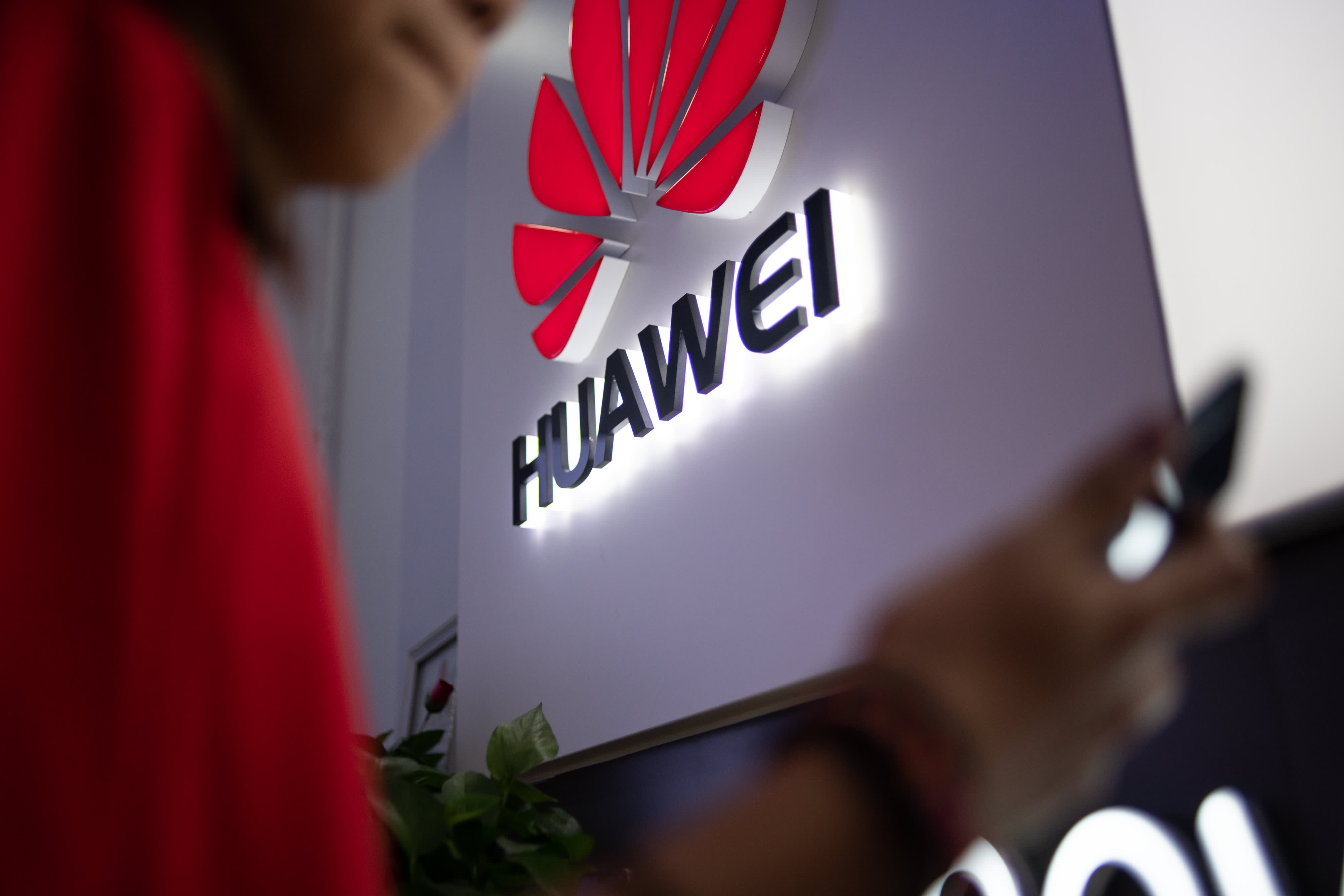Huawei reportedly plans to lay off hundreds of employees in the US

A Huawei logo displayed at a retail store in Beijing.
Fred Dufour | AFP | Getty Images
Chinese tech company Huawei plans to lay off hundreds of employees in the United States as it struggles with a blacklist imposed by the Trump administration over national security concerns, The Wall Street Journal reported, citing people familiar with the matter.
The layoffs are expected to hit Huawei's U.S. development subsidiary Futurewei, according to the Journal. Futurewei employs 850 people in research labs throughout the U.S., including Texas, California and Washington state. Overall, Huawei has about 1,500 employs in the U.S. who mainly sell equipment to rural wireless carriers.
Although the exact number of layoffs was unclear, a person familiar with the matter told the Journal that hundreds of people were expected to lose their jobs.
Huawei could not be immediately reached for comment.
The Trump administration declared a national emergency in May over threats to national security and the Commerce Department added Huawei to a blacklist, which effectively bars U.S. companies from doing business with Huawei unless they receive special permission from Commerce.
The blacklist has hit Huawei hard. CEO and founder Ren Zhengfei said the company expects a $30 billion hit over the next couple years due to the U.S. restrictions. Huawei also recently announced that it was scrapping a new laptop.
President Donald Trump, however, agreed to ease restrictions on Huawei and let U.S. companies do business with it so long as national security is not jeopardized. That concession came as part of a truce reached by Trump and Chinese President Xi Jinping at the G-20 in Japan last month to restart trade talks and avoid further escalation for now.
White House economic advisor Larry Kudlow has made clear that Trump was not granting Huawei a general amnesty. Rather, Commerce will simply grant more licenses to U.S. companies who want to do business with Huawei so long as their are no national security concerns.
Read the full story in The Wall Street Journal
Read More
Sem comentários